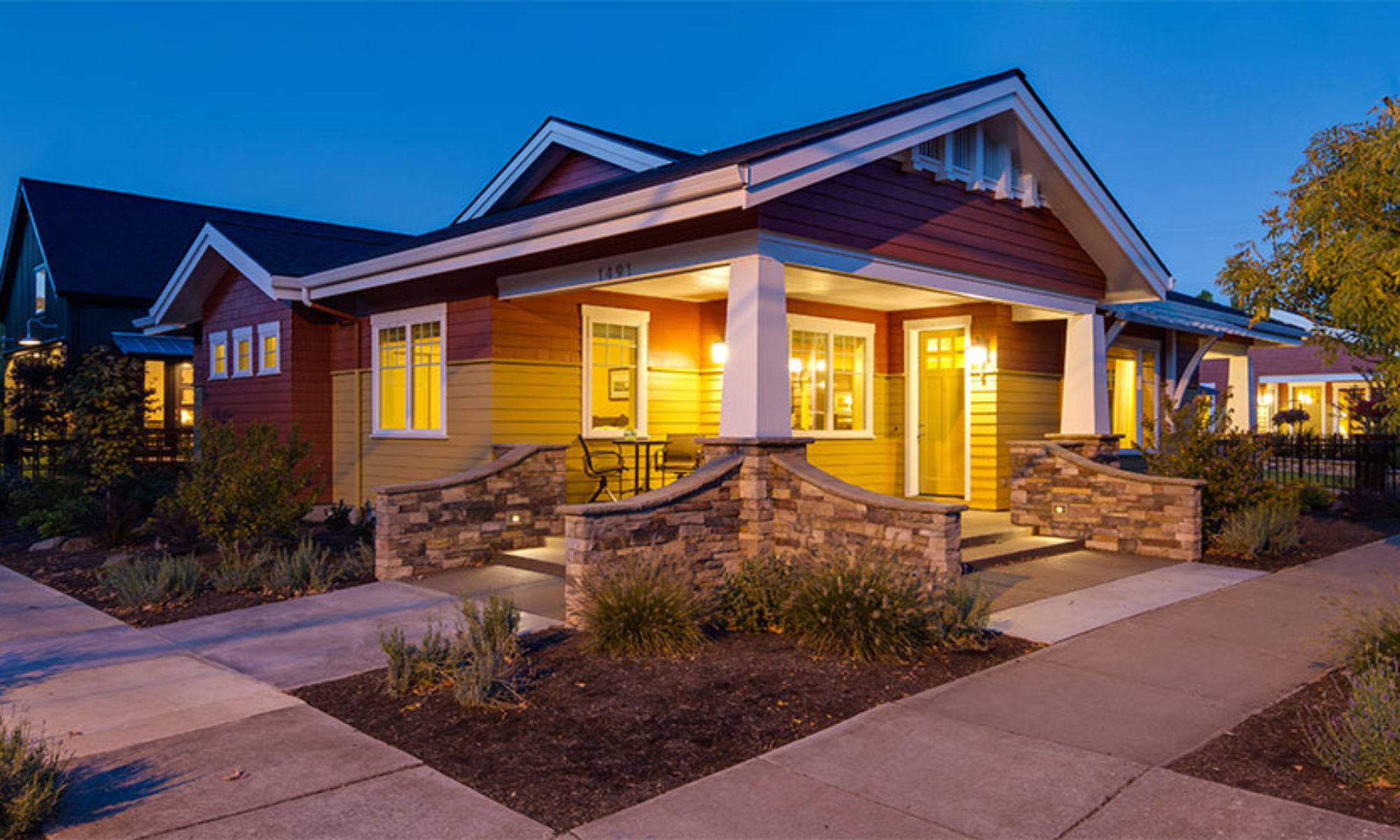
I’ve been watching the political fray lately and, especially the Republican race for the Presidential nomination. To start out this post, let me say I voted for Obama in 2008. In fact, I left the Republican Party so I could vote for him in my state’s primary and already have decided to vote for him in 2012. So now that I have that out on the table, hopefully those of you who might vehemently disagree with this stance will at least hear me out.
I follow Jesus. I’ve followed his teachings for the majority of my life and am continually trying to learn more about how to live the way Jesus lived and what that means to me, here and now, in a practical, real way. What has prompted this open letter to my evangelical friends is a headline in today’s news that reads “Undecided Iowa Evangelicals Pray For an Answer.” A church pastor said “I’m just really confused, I just don’t know at this point who is the best one to support.”
I suggest considering our incumbent President, Barack Obama.
Obama’s book, “The Audacity of Hope” is a good introduction to the man who is our 44th President. It chronicles his history, family life, struggles and his decision to follow Jesus. That part is clear. That part is what intrigued me back in early 2008. What has also intrigued me (although in a negative way) has been the continual, unrelenting opposition to the man the majority of us chose to lead our country amid a time of unparalleled economic woes. And, I might remind us, woes decades in the making that Obama inherited.
But even more intriguing than all that has been Obama’s steady, consistent holding to his Christian beliefs. Amid all the rumors and lies about doing away with the Day of Prayer or the White House Christmas Tree or even, as one Republican candidate for President recently said in a campaign ad, “his war on religion,” Obama has held steady. His faith in Jesus is still present. He doesn’t wear it on his sleeve, but it’s there.
But what also really bothers me is the thought that in order to truly be a follower of Jesus, you have to subscribe to a set of conservative beliefs of not raising taxes under any circumstances or that abortion and gay marriage are the litmus test of fitness to lead our country. And that is where I completely disagree with my conservative Evangelical Republican friends.
First is the conservative idea that seems to equate small government and low taxes with spiritual correctness. You know, I’m really sorry, but I don’t make that connect. Anywhere. I understand the concept of small government and low taxes. And it’s fine to hold that as a view. I happen to believe differently about that. But in that belief, I have had people question my faith as being somehow messed up because I hold a different view of our government’s role. One person even told me there would be no Democrats in Heaven.
Really?
I have another friend who once said that conservative Republicans have hijacked Christianity. And I’m starting to believe that.
Evangelicalism in it’s original form, dating back to the 1700s has, as its key elements, a personal decision to follow Jesus, a high regard for the authority of the Bible, an emphasis on the death and resurrection of Jesus and an active expression of sharing this gospel, or “good news.”
Noticeably missing from those four key points is any mention of politics (conservative or liberal), abortion or homosexuality. In fact, Jesus made no recorded comments about abortion or homosexuality. Now think for a minute about that and put it in context. Jesus lived in the Roman-occupied area in and around Jerusalem. Roman culture regularly and openly practiced both abortion and homosexuality. So I have to ask if those two beliefs were a litmus test for anything, why didn’t he say anything about them?
Instead, Jesus talked about loving God and loving your neighbor (and your enemy). He talked about caring for the poor and the disadvantaged and the widows and the orphans. The marginalized people in society. And when I get to this point, I get the response that “it isn’t the government’s place to do that, it’s ours.” Maybe. But we aren’t doing it. At least not well enough. Even with all the private philanthropy, faith-based aid and government assistance, there are still people in our country who won’t be able to eat today.
One in nine verses in the New Testament (2,100 verses in the entire Bible) relate to our care for the poor and disadvantaged. If the scriptures are inspired by God, and he gives that much air time to one topic, wouldn’t we want to elect a President who held to those beliefs also?
I do.









